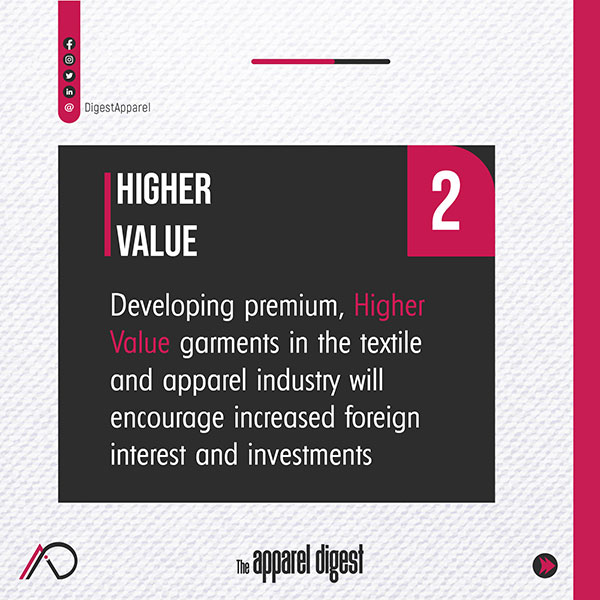It’s possible that buying clothes from H&M isn’t as sustainable as the fast fashion store would like its customers to believe it is. In the most recent greenwashing case brought against the Swedish conglomerate, a claim was submitted to a federal court in the state of Missouri alleging that the company “misleadingly, illegally, and deceptively” sought to capitalise on consumer “green” trends. According to the claim, customers of H&M are led to believe that purchasing Conscious Choice products is an environmentally responsible choice.
In the 55-page filing, it is stated that consumers are becoming more aware of climate issues and the role that the fashion industry plays in producing garments that can be considered harmful and wasteful to the planet. Specifically, the filing states that consumers are becoming more aware of the role that the fashion industry plays in producing these garments. As a result, a significant number of consumers are looking for goods that are produced in an honest and considerate manner.
Abraham Lizama and Marc Doten, the plaintiffs in this case, say that large firms like H&M engage in “unlawful, unfair, deceptive, and misleading commercial practices” due to their vast marketing prowess and far-reaching messaging.
“It is a highly problematic strategy to base sustainability efforts on the concept that consumers may continue to consume disposable plastic goods (since they can be recycled into additional products). According to the complaint, “this technique of ‘green’ marketing does not address the basic issue of propagating disposable solutions and over-consumption of natural resources.” “In point of fact, these initiatives push consumers to buy more clothes or toss away garments sooner in the notion that they can be recycled in some kind of magic machine,”
In the filing, it is reiterated that in response to consumer desire for more sustainable and environmentally friendly fashion, many companies “greenwash” their products by making false claims that their clothing is made from materials that are more sustainable and environmentally friendly. This is done in order to capitalise on the demand for more environmentally friendly and sustainable fashion among consumers.
H&M uses green hang tags to identify and market its “Conscious Choice” products. This is a labelling tactic that suggests garments are either sustainable or more sustainable than other products, despite being manufactured mostly from polyester or recycled plastics. The plaintiffs claim that this is a misrepresentation of products that do not negatively affect the environment.
In addition, H&M sets a higher price point for its products that are part of its Conscious Choice line. This is essential to the filing, according to The Fashion Law, “since it is at the heart of the plaintiffs’ capacity to establish that they have experienced the requisite injury to have standing to claim.”
ClassAction.org, a platform that is dedicated to exposing corporate wrongdoing, the United States Federal Trade Commission (FTC) Green Guides, which are a set of principles designed to prevent businesses from greenwashing their products, state that “an environmental marketing claim should not overstate, directly or by implication, an environmental attribute or benefit.”
According to what is stated in the complaint, “marketers should not declare or imply environmental benefits if the benefits are minor.”

